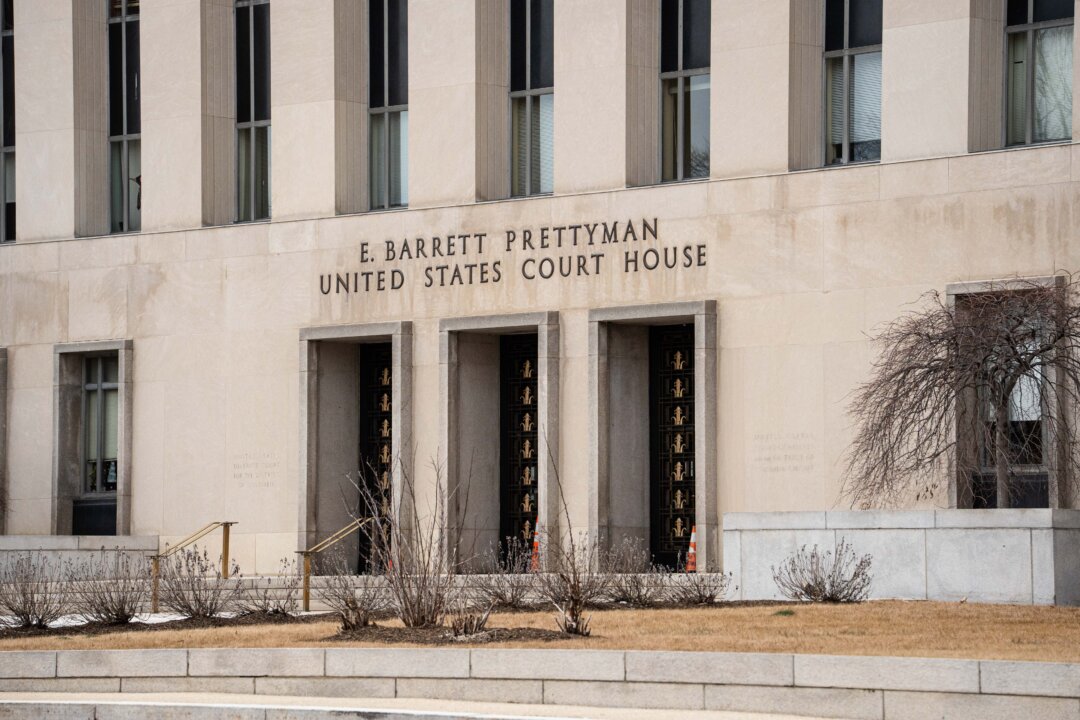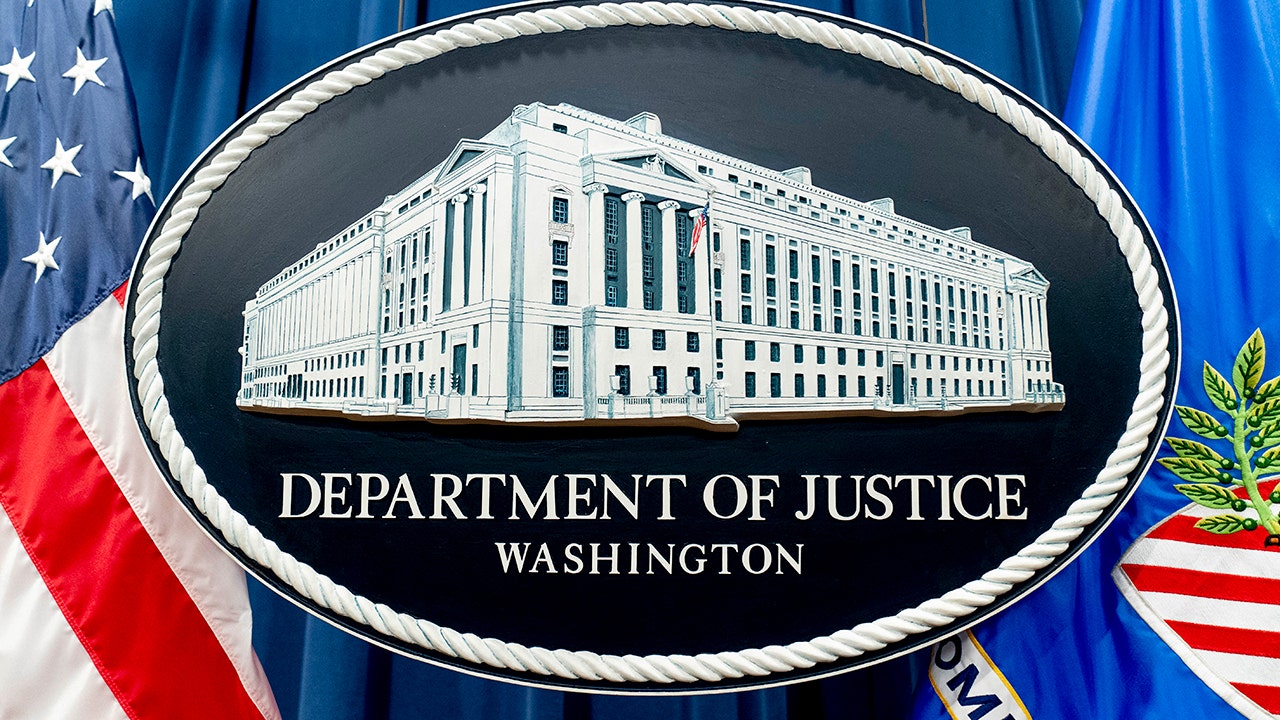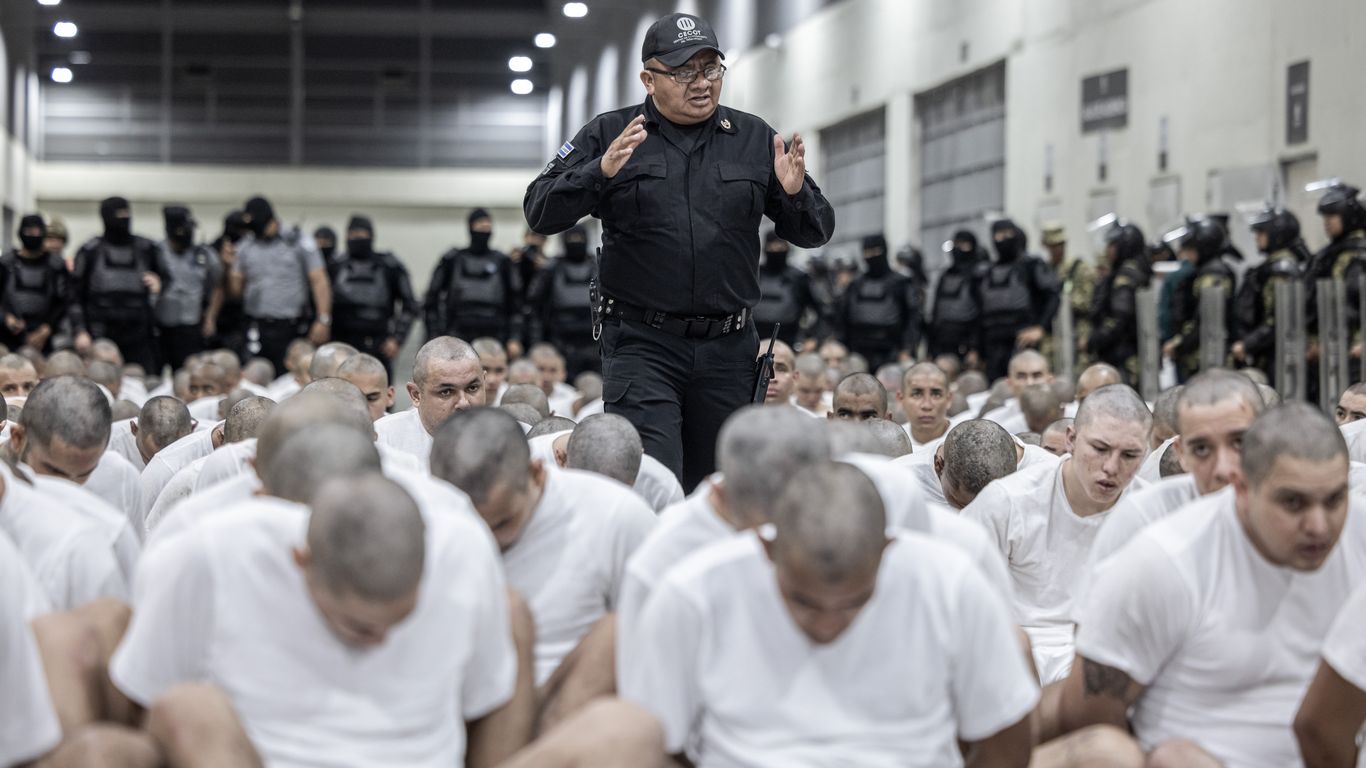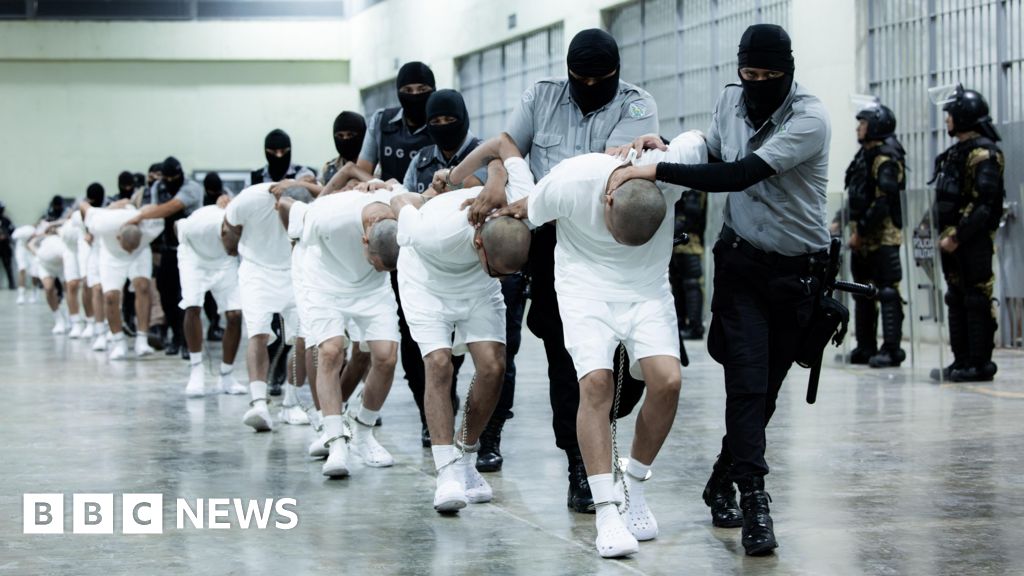Legal Showdown Over Venezuelan Deportations Feels Historical Echoes
The Trump administration's deportation of Venezuelan gang members faces legal challenges, raised by comparisons to past injustices during WWII.
Overview
The deportation of over 200 Venezuelan gang members by the Trump administration has ignited a legal battle focused on due process rights. A federal judge temporarily halted these deportations, raising concerns about potential torture and historical comparisons to the treatment of Nazi defendants during WWII. Judge Patricia Millett emphasized the lack of protections afforded to the deportees, questioning the administration's invocation of the Alien Enemies Act. Meanwhile, in El Salvador, deported individuals are being represented by lawyers filing petitions for their release from maximum-security facilities after being improperly identified as gang members. New hearings are set to address the complexities surrounding these deportations.
Content generated by AI—learn more or report issue.

Get both sides in 5 minutes with our daily newsletter.
Analysis
- Judge Patricia A. Millett raised concerns during the recent court hearings that alleged Nazis were afforded more due process under the Alien Enemies Act in World War II than the undocumented immigrants deported by the Trump administration, arguing that there were no procedures in place to notify or allow hearings for those deported on March 15.
- While the Trump administration argues for expansive powers to ensure national security and expedite deportations under the Alien Enemies Act, Judge Millett and other judges expressed the importance of due process, emphasizing that individuals should have the opportunity to challenge their deportation in court before being removed.
- Judge Walker suggested that there are procedural issues with how the lawsuit was filed, questioning whether it should have been brought in Texas instead of D.C., where the alleged deportees are not physically located.
Articles (17)
Center (9)
FAQ
A law firm has filed a habeas corpus lawsuit in El Salvador's Supreme Court on behalf of 30 Venezuelan citizens, challenging the legality of their detention and seeking immediate release or orderly repatriation. Additionally, a total of 238 Venezuelans are involved in legal efforts led by the Venezuelan government and family members to address their detention.
The article does not specifically detail why El Salvador refused to accept some deported Venezuelans. However, it mentions that some women were returned to the U.S. after El Salvador refused to accept them.
History
- 3M

 4 articles
4 articles
- 3M

 4 articles
4 articles
- 3M

 3 articles
3 articles












